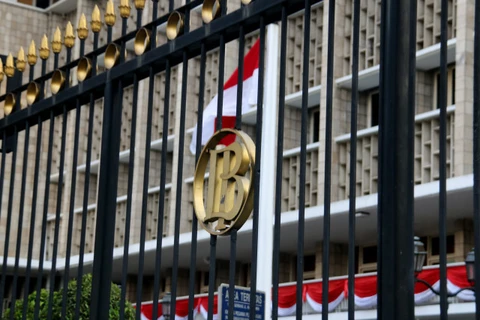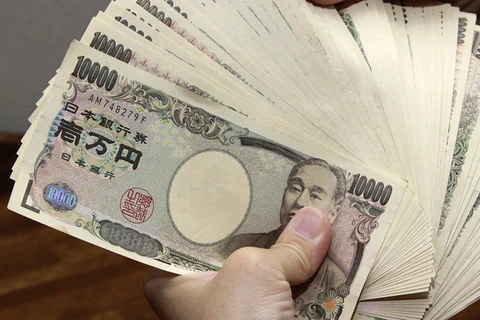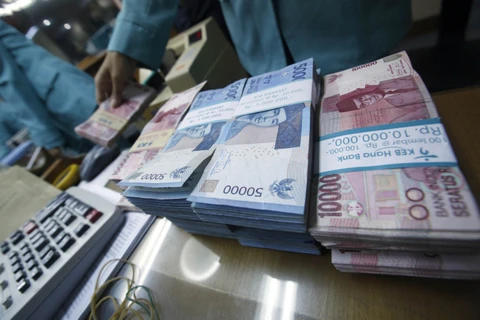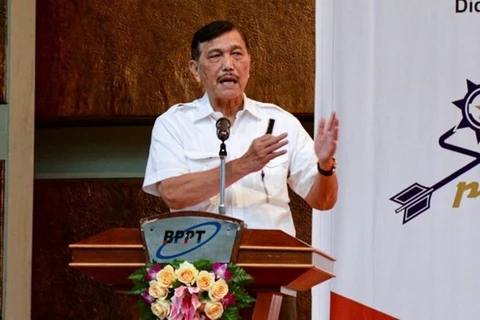 Indonesian President Joko Widodo on February 1 inaugurated state-owned sharia bank Bank Syariah Indonesia (BSI) (Photo: Antara)
Indonesian President Joko Widodo on February 1 inaugurated state-owned sharia bank Bank Syariah Indonesia (BSI) (Photo: Antara) At a virtual press conference, Widodo said it a historic day for the development of the country's sharia economy. He opined that Indonesia had long been renowned as the country with the largest Muslim population in the world.
With more than 1,200 branch offices and over 20,000 employees, the country’s largest sharia bank is the merger of three state-owned ones.
Its President Director Hery Gunardi said he was ready to usher the newly-inaugurated bank into the world’s top 10 sharia banks in terms of market capitalisation in the next five years.
He said that the task is not only to merge these banks, but also conducting transformation, which would take place in the form of business process improvement, risk management strengthening, human resources development and digital technology advancement./.
VNA























